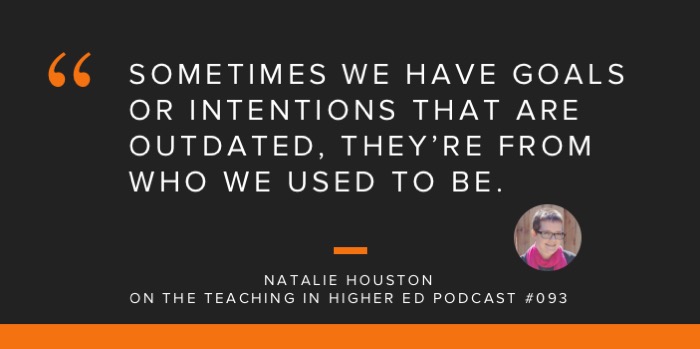Finals are just around the corner and many of us are sprinting/struggling to the finish line. In many courses grading is the thing standing between us and a change of pace during the summer. There have probably been semesters when you moved through grading efficiently and others when you are wondering how serious those requirements on timely grade entry from the Office of the Registrar really are. Those different experiences were probably driven by different habits. Take a minute to think of your best and worst grading habits.
My best habit has always been preparation. This was the time in the semester when I would be motivated to focus in the evenings and clear my schedule of lingering grading, manuscripts in need of attention, and other projects. This allowed me to focus on grading final papers or exams when they came in without having other work to do. When I executed well I would be done with grading on Wednesday of final exam week. My worst habit was the mini-reward. I would be proud of myself for grading one or two papers and take a minute to read ESPN or check facebook, then that minute turned into 10, then I needed a cup of coffee, soon 30 minutes had passed without additional progress.
Despite commonly held beliefs, you do not have enough time to create a new habit before final exams and papers come in, but you do have time to get started. The least we should do is commit to being conscientious of our habits so we can make note for the future. This can be a challenge as habits, by their nature, are often automatic.
This tip was inspired by one of my better habits, listening to the Teaching in H
igher Ed podcast by Bonni Stachowiak and her episode on habits.

Her guest Natalie Houston is a regular contributor to the Chronicle and said something
that hit home for me, “habits save us tremendoustime and energy, but they can also lead us to doing a lot of things mindlessly.” It made me think about the things I do mindlessly which are not that productive.
Got feedback on this tip? A bad habit to disclose? Leave a comment or email it to us. Got an idea for a tip? Send it along.
Don’t forget to subscribe to the Caffeinated Cats podcast! The newest episode is on food on and off campus. Link to it on soundcloud, itunes, overcast, or follow the podcast on facebook.

